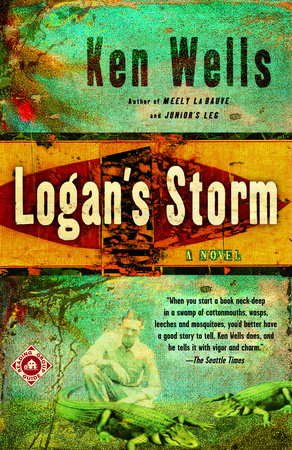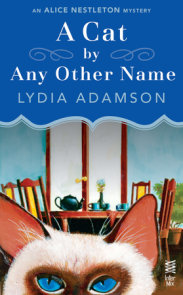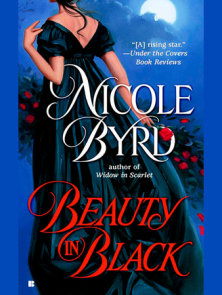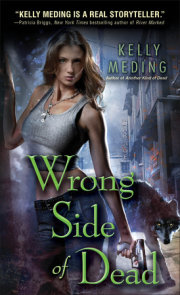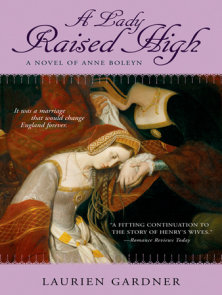READERS GUIDE
Questions and Topics for Discussion
1. As he demonstrated in his second novel, Junior’s Leg, Ken Wells has a penchant for taking thoroughly unlikable characters, such as the odious bully Junior Guidry, and rehabilitating them through intricate character study and the crucible of difficult personal choice. Now, in Logan’s Storm, he takes on Logan LaBauve, Meely’s decidedly blemished father. When we first meet him in Wells’s debut novel, Meely LaBauve, Logan is a drunk and, by his own admission, a sometimes derelict father. Discuss Logan’s evolution to a more sympathetic, even likable protagonist in this book. Do you think the author has credibly reformed him?
2. Writers are admonished to write about what they know. Wells has quipped that his books are but a "swamp dump" of his memories and experiences growing up in the exotic wetlands of Cajun Louisiana. Discuss how the interplay of characters and the beautiful–and often daunting–natural world they inhabit reinforces the strong sense of place in Logan’s Storm.
3. Logan’s Storm, like Meely and Junior before it, aren’t principally about race, yet racial themes are a strong subtext in all of Wells’s novels. In this book, Chilly Cox, the black teenager who helped rescue Meely from Junior Guidry, flees upcountry with Logan, a white man of Native American descent, to avoid being framed by racist cops. Discuss Wells’s treatment of race relations in this corner of the deep, deep South. Do you think his handling of interracial themes is realistic? Does it add to the reader’s understanding of racial complexities?
4. All of Wells’s novels are inhabited by strong women characters: Cassie Jackson, the feisty black teenager in Meely LaBauve; Iris Mary Parfait, the unflappable albino who makes Junior Guidry her personal rehabilitation project; and now, in Logan, Catfish Annie Ancelet, a swamp-dwelling, straight-talking widow who sizes Logan up for the man that he is instead of the swamp-bedraggled outlaw he appears to be. Would it be fair to characterize these characters, and Annie in particular, as feminist or even protofeminist characters
5. Writing instructors say that everything about the art can be taught–except voice. A signature of Wells’s novels is that they are all first-person narratives told through the voice of the protagonist. Discuss the author’s use of this technique in Logan and whether it enhances or detracts from the pace of the book and the reader’s understanding of the character.
6. Wells, if you believe his critics, is a writer who agilely crosses genres. Meely LaBauve was described by some critics as "literary fiction." One reviewer called Junior’s Leg an "entertainment" in the style of certain Graham Greene’s novels, and the novel even got Wells listed among Louisiana mystery writers. Now comes Logan’s Storm, which Wells himself describes as a "kind of literary gumbo western." Does genre really matter to the reader?









